Electrical Vehicle Charging Stations Explained

Electric vehicle (EV) charging stations are specialized devices that allow electric vehicle owners to charge their cars at home, work, or public areas. EV charging stations require electrical expertise to install and knowledge of building codes and regulations. Here is an overview of EV charging stations and how to install them.
There are three main types of EV charging stations: Level 1, Level 2, and Level 3.
Level 1 charging stations utilize a standard 120-volt outlet and can be connected to any household outlet. Level 1 charging stations provide a charging rate of 2 to 5 miles of range per hour, making them suitable for overnight charging at home.
Level 2 charging stations use a 240-volt outlet and offer a charging rate of 10 to 60 miles of range per hour, depending on the vehicle and the charging station's output. Level 2 charging stations are ideal for home, workplace, and public charging.
Level 3 charging stations, also called DC fast chargers, employ a high-powered 480-volt DC charging system and provide a charging rate of up to 100 miles of range in 20 minutes, depending on the vehicle and the charging station's output. Level 3 charging stations are suitable for public charging and are generally located along highways and major travel routes.
The installation of EV charging stations requires electrical expertise and knowledge of building codes and regulations. Here are the basic steps involved in the installation process:
- Determine the type of EV charging station appropriate for your requirements.
- Conduct a site survey to determine the electrical requirements for the charging station installation. It is recommended to hire a licensed electrician to perform this task.
- Obtain the necessary permits and approvals from the local authorities, such as North Carolina's building codes and regulations.
- Install a dedicated electrical circuit for the charging station.
- Install the charging station according to the manufacturer's instructions, making sure it meets the requirements of the North Carolina Building Code.
- Test the charging station to ensure it is functioning correctly, ensuring the safety of the user and meeting the relevant standards.
In conclusion, EV charging stations are an essential component of electric vehicle ownership, allowing drivers to charge their vehicles at home, work, or in public areas. There are three main types of EV charging stations: Level 1, Level 2, and Level 3, with varying charging rates and applications. Installing EV charging stations requires electrical expertise and knowledge of building codes and regulations, which is where SBS-NC, LLC Electrical can assist. If you are interested in installing an EV charging station, consult with an experienced and licensed electrician from SBS-NC, LLC Electrical to ensure a safe and proper installation that meets the requirements of the relevant standards and codes in North Carolina. Call us today!
SBS-NC, LLC has earned its reputation as the foremost choice for electrical repairs in High Point, North Carolina, through its unwavering commitment to safety, quality, and customer satisfaction. The company employs a team of highly skilled and licensed electricians who possess extensive knowledge and experience in handling a wide range of electrical issues. SBS-NC, LLC prides itself on providing prompt, reliable, and cost-effective services, ensuring that clients can resume their normal operations with minimal downtime. Furthermore, the company adheres to strict safety standards and utilizes state-of-the-art equipment and techniques to deliver outstanding results. By prioritizing customer needs and delivering exceptional workmanship, SBS-NC, LLC has established itself as the go-to provider for electrical repairs in High Point, North Carolina.
Sources:
- "EV Charging Station Types: Levels 1, 2 & 3 Explained" by EnergySage. Accessed on March 6, 2023.
- "Electric Vehicle Charging Stations" by US Department of Energy. Accessed on March 6, 2023.
- "Electric Vehicle Charging Station Installation Guidelines: A Guide for Electrical Contractors" by the California Energy Commission. Accessed on March 6, 2023.
- "EV Charging Station Installation" by SBS-NC, LLC Electrical. Accessed on March 6, 2023.
- "North Carolina Building Codes and Regulations" by NCDOI. Accessed on March 6, 2023.
- "Electric Vehicle Charging Station Permitting and Inspection Guidance" by NC Department of Environmental Quality. Accessed on March 6, 2023.

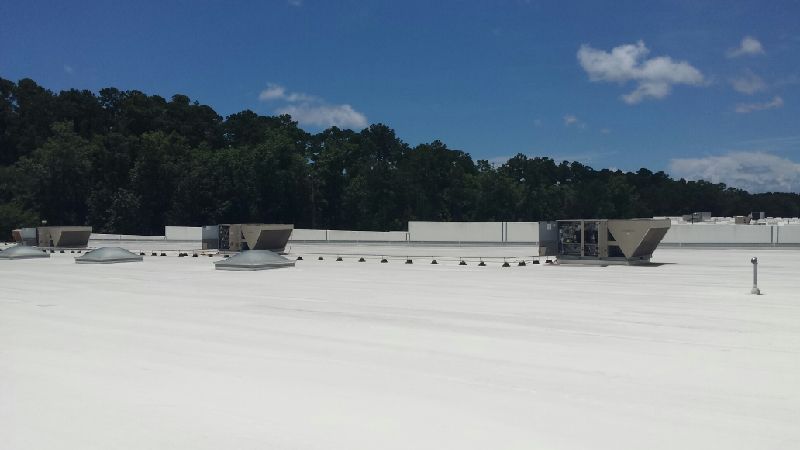
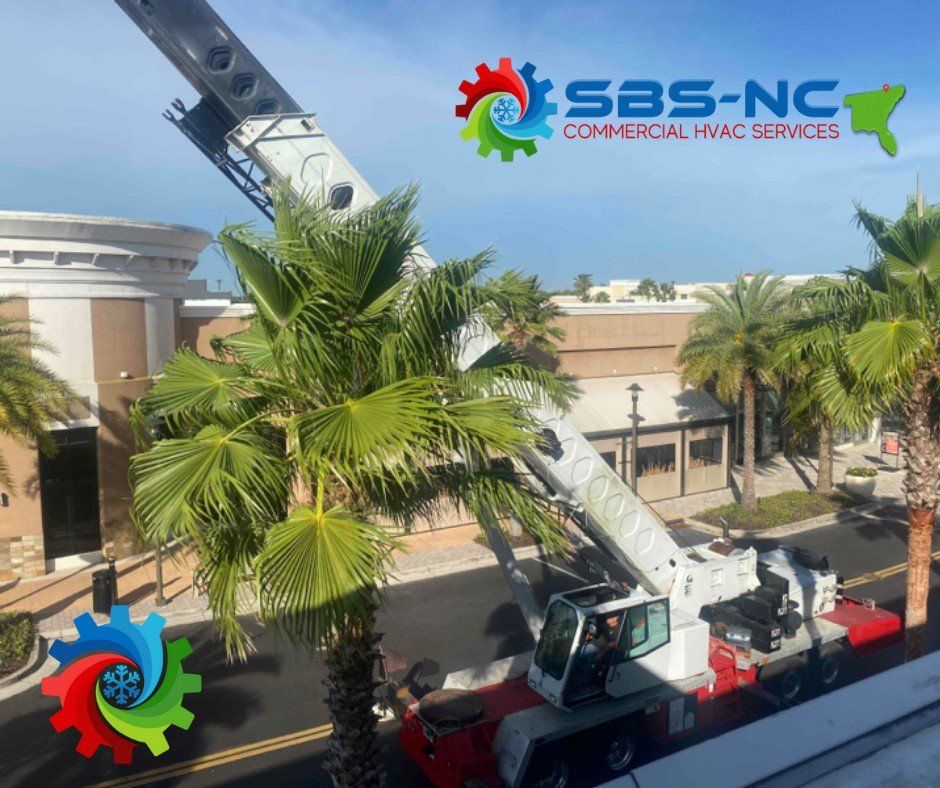
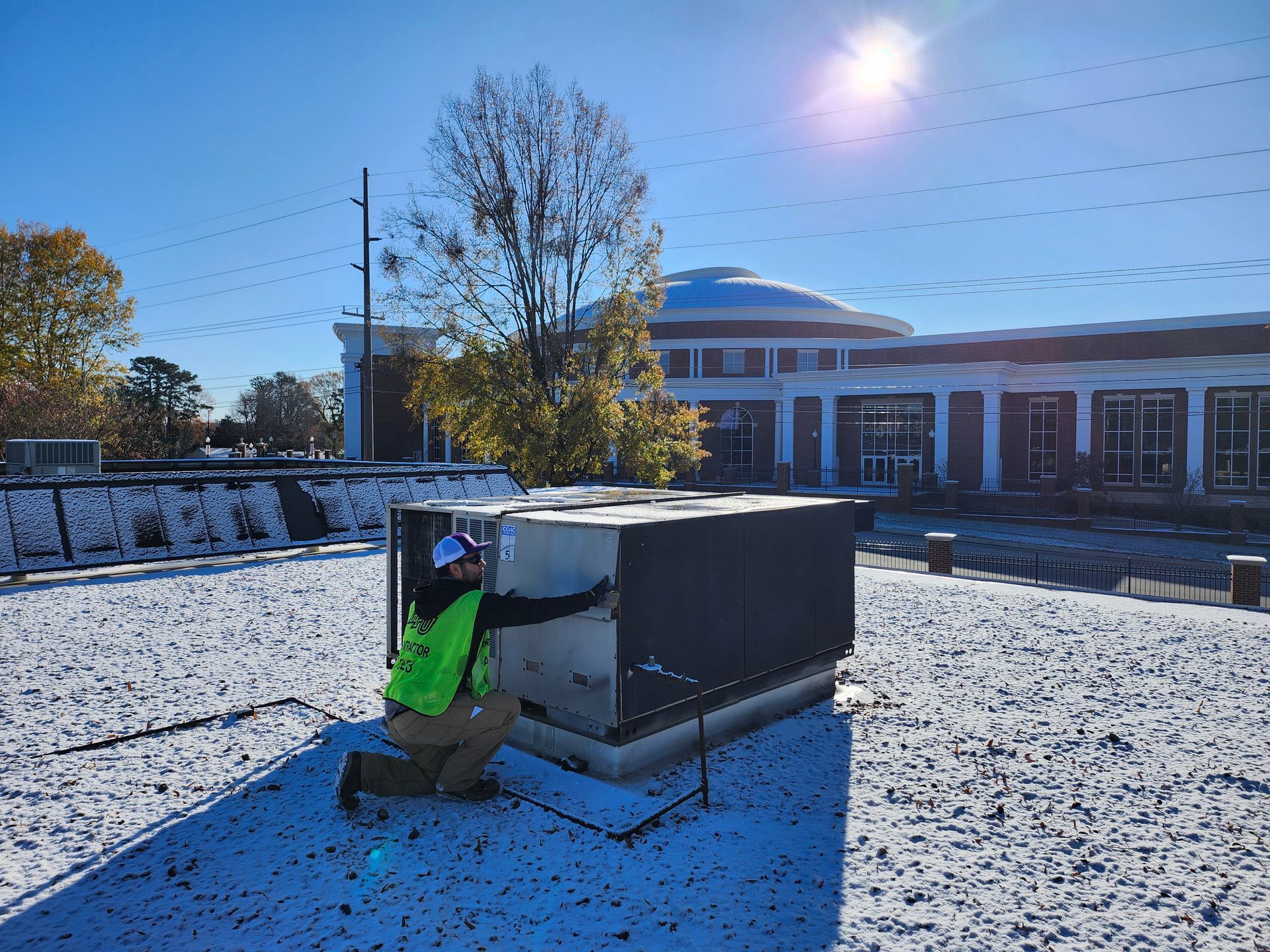

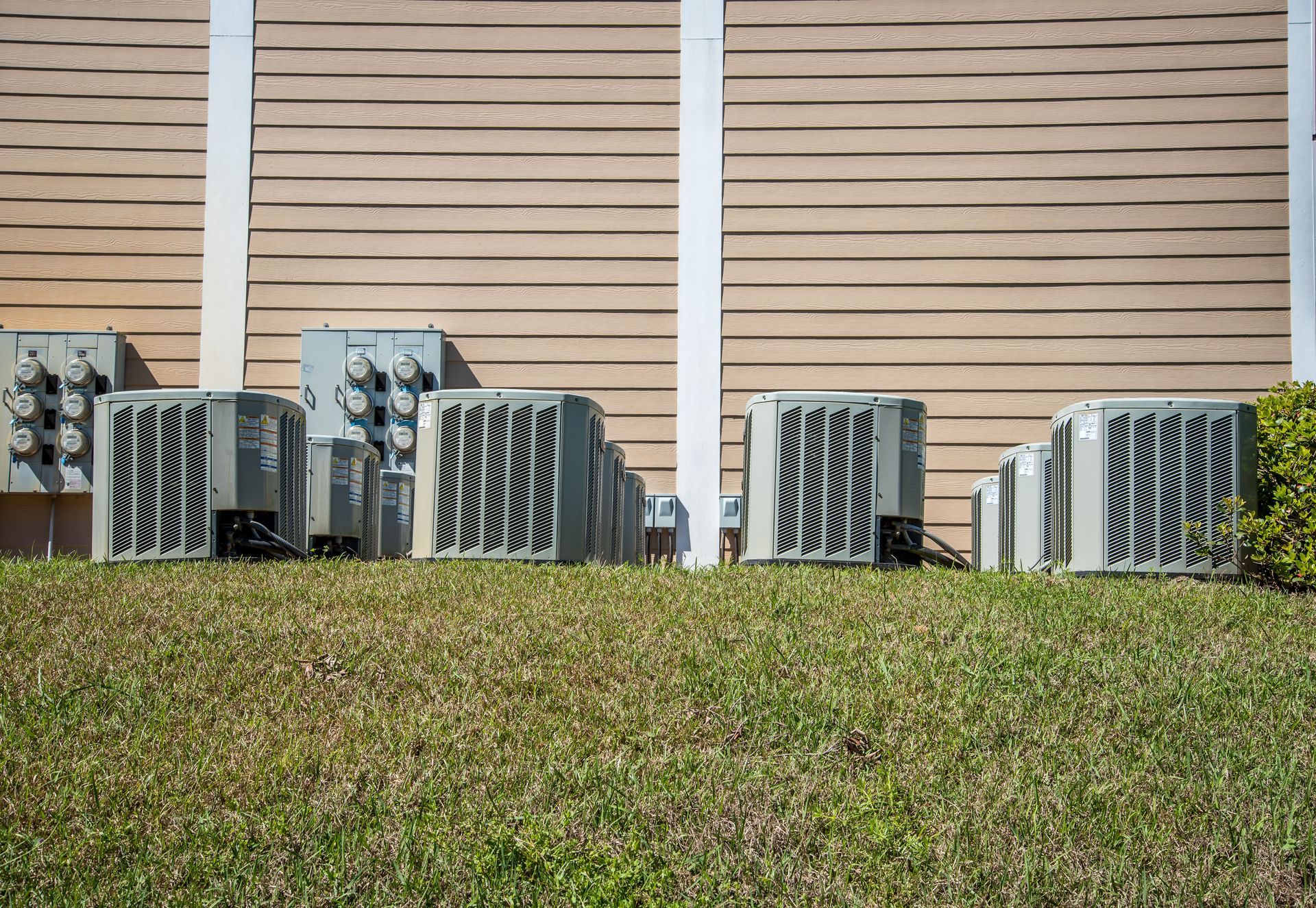
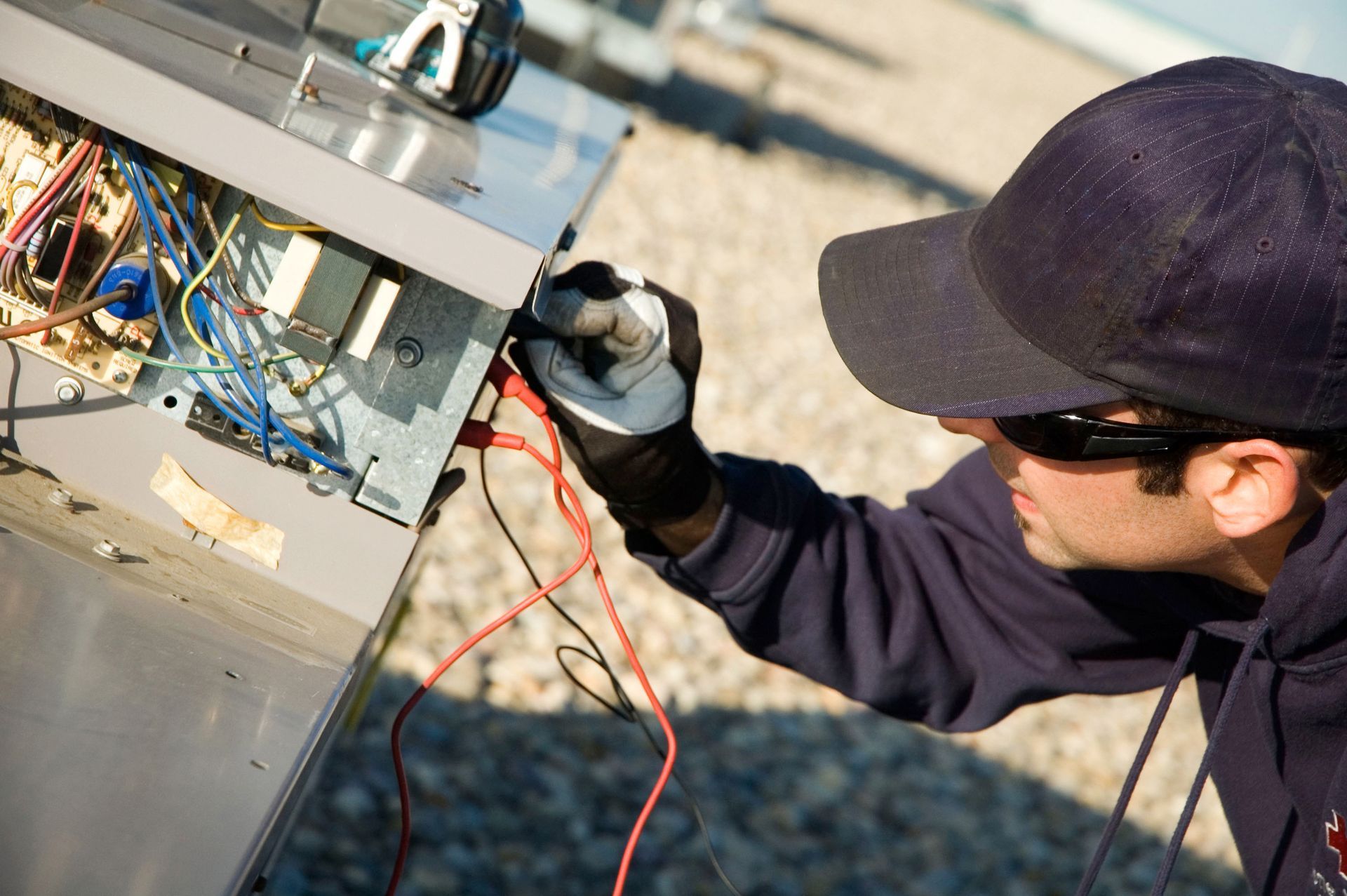
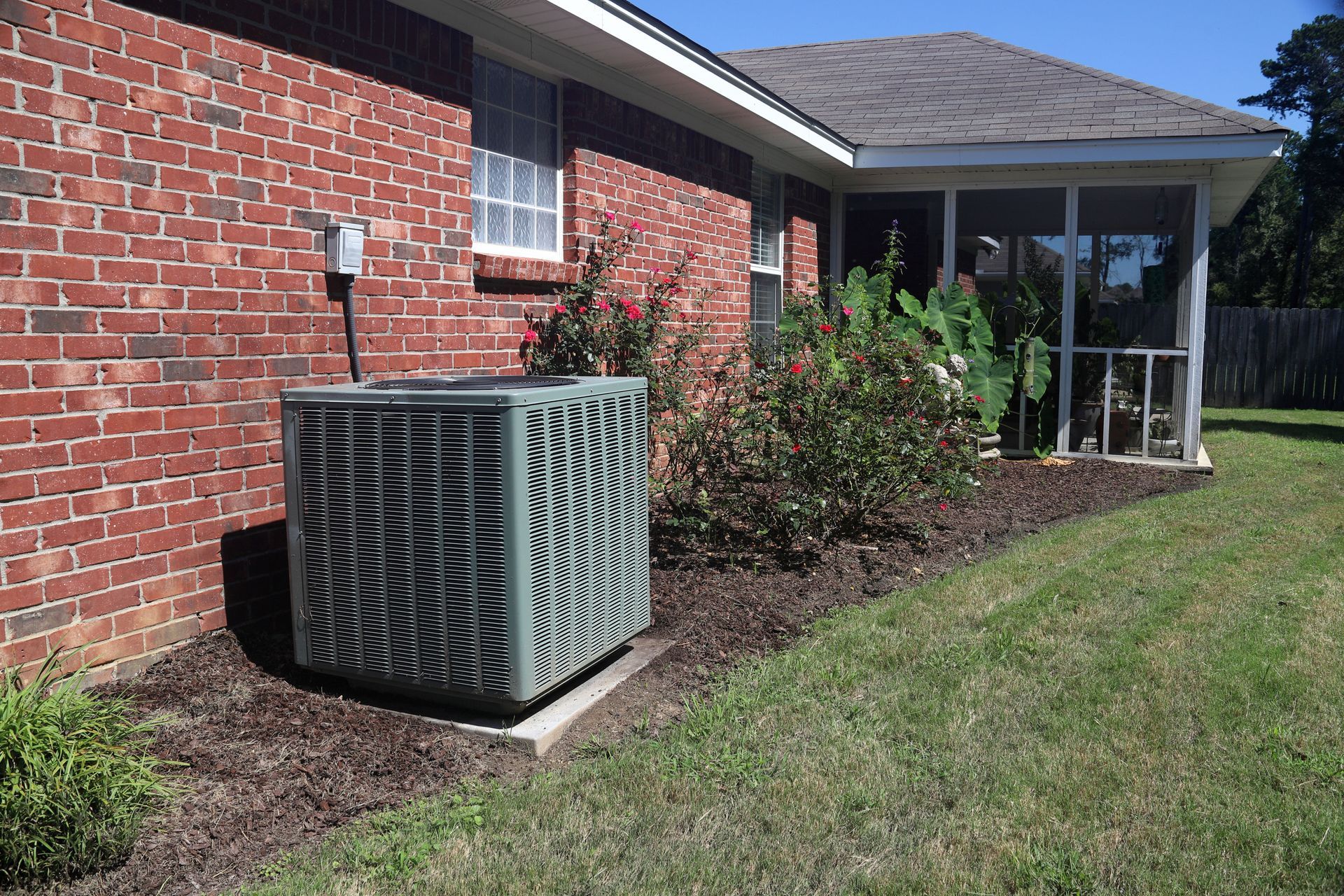
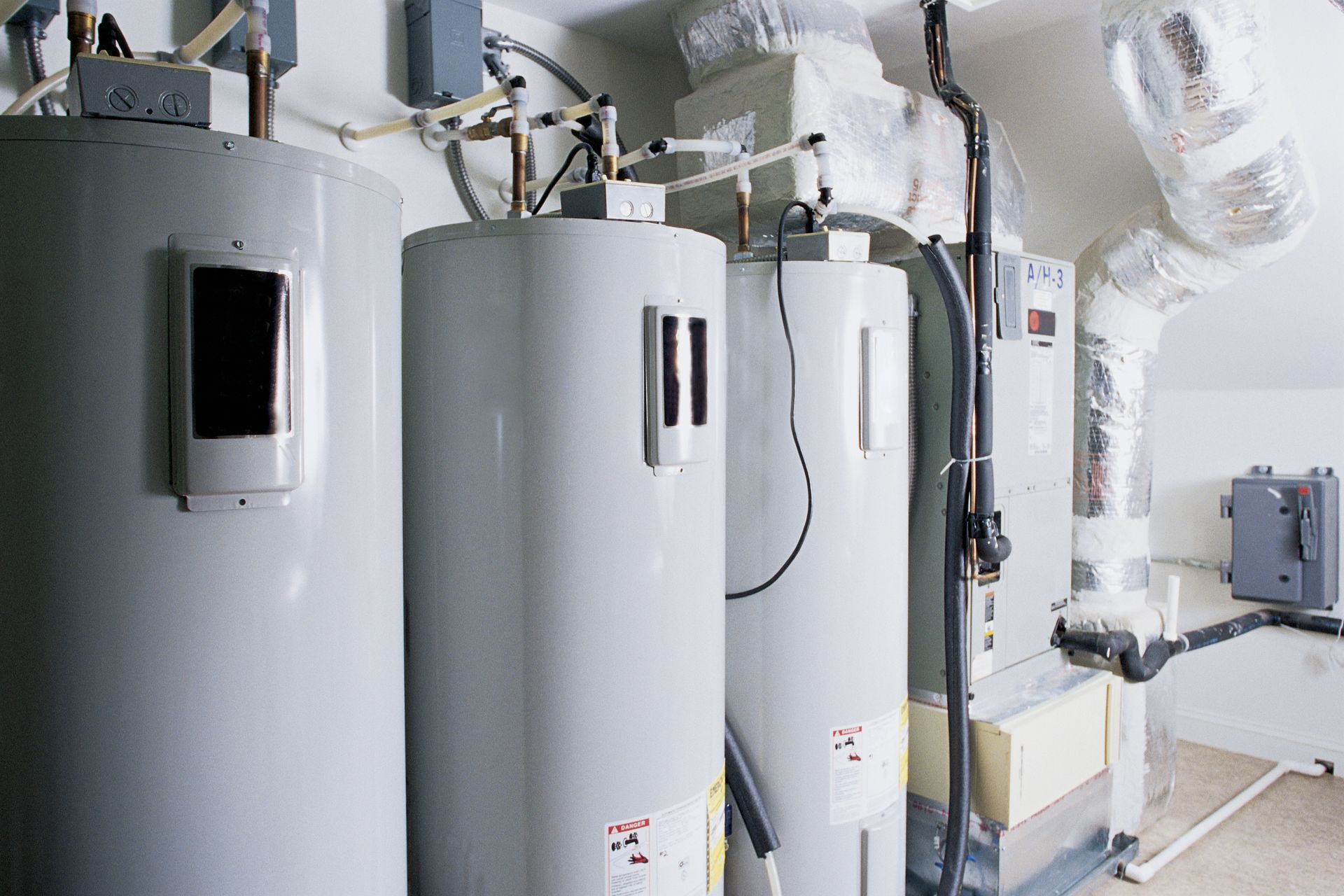

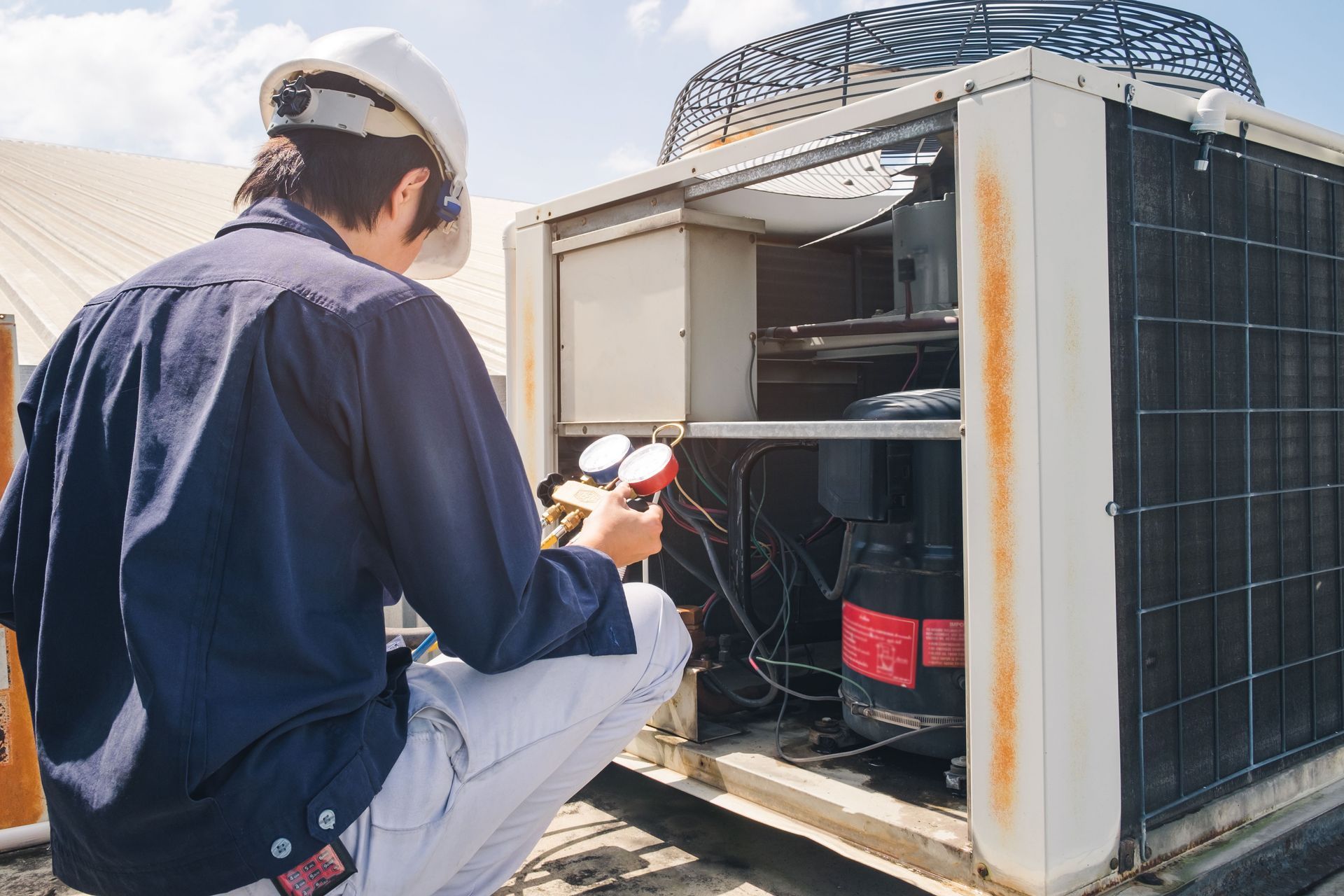
Share On: